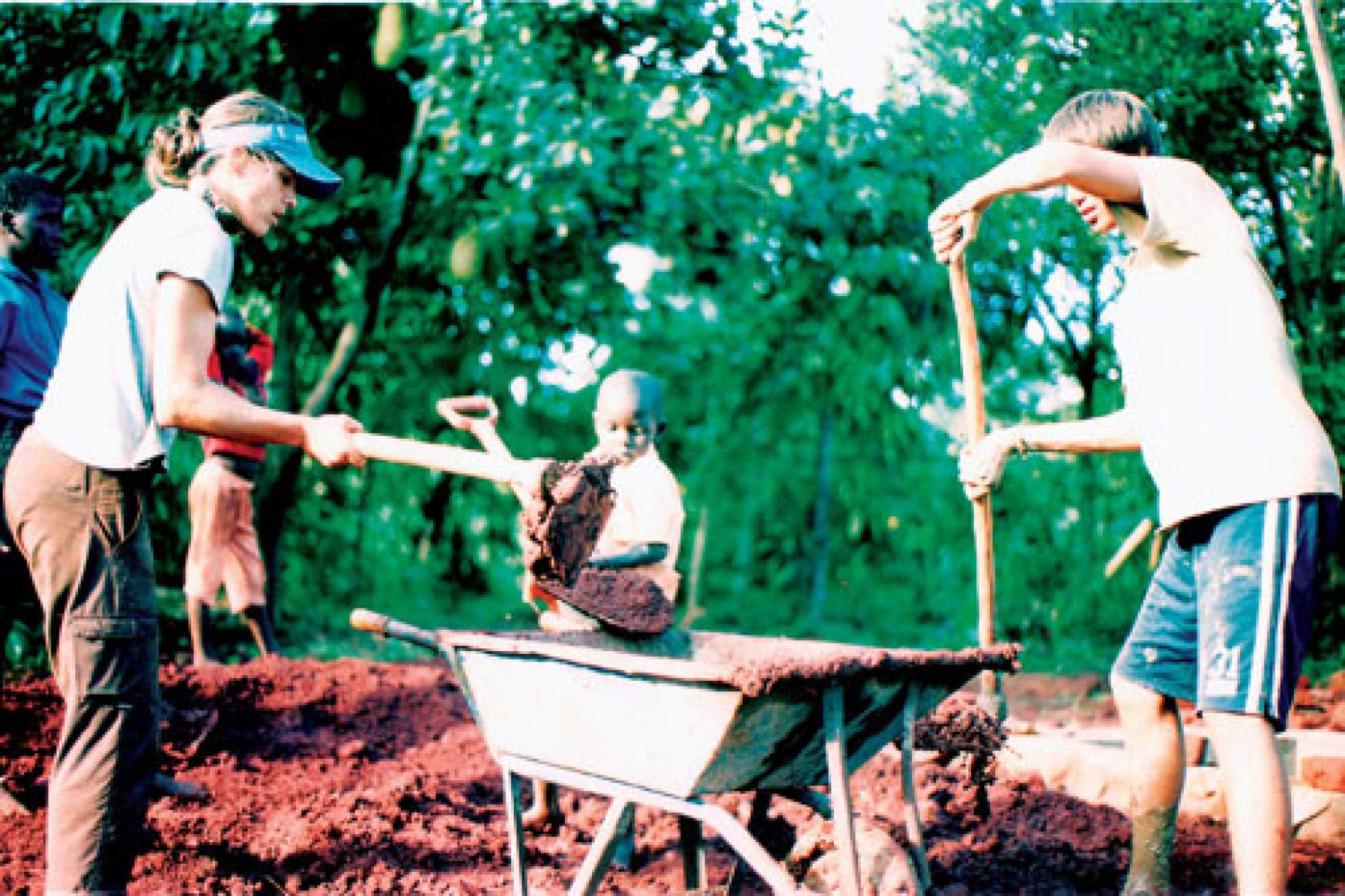One article suggested that international students in the States were struggling to study abroad, another said UK students were rethinking gap years thanks to soaring tuition fees, and the blogosphere was abuzz this weekend over a new study that suggests overseas volunteering actually does 'more harm than good'. Well, when it rains, it pours?
According to the South Africa-based Human Sciences Research Council, short-term 'voluntourism' trips undertaken by people with excess funds but limited relevant skill sets can actually undermine local workers and, since these are usually short-term placements, they can also create a sense of abandonment for many of the impoverished children who are supposed to be the beneficiaries of the work.
Meanwhile, a piece by National Public Radio (NPR) investigated a similar concern by the South African government over "AIDS orphan tourism," where - despite their good intentions - overseas volunteers build bonds with children in orphanages and childcare centres that ultimately result in feelings of abandonment on the part of the kids when the voluntourists return home with a sense of having made their contribution.
It's true that many "voluntourism" experiences are limited in their capacity to make a long-term contribution, and it's often the case that the volunteers end up gaining more from their experiences than the communities they are trying to help. The sad truth is that real, sustainable, long-term development requires a lot of hard work from people with specific skill sets and involvement from the communities themselves, among other things. For many volunteer programs in developing countries, the main attraction is the money that paying voluntourists can provide, not necessarily the help that they can offer.
The solution to this problem, however, is NOT to abandon all programs for volunteering abroad. Besides being an invaluable, life-changing experience for thousands of volunteers who return home with the ability and mindset to continue making a difference, many volunteer programs do, in fact, benefit from short-term help. Also, if you are concerned about doing more good than harm, consider a long-term volunteer placement and make sure that the program is sustainable (check out the link below for more information on how to do that). And, especially if you're volunteering with children, make the effort to continue the relationships you've created once you've returned home.
Further reading:
How to Find an Ethical Volunteer Organization
Add this article to your reading list



